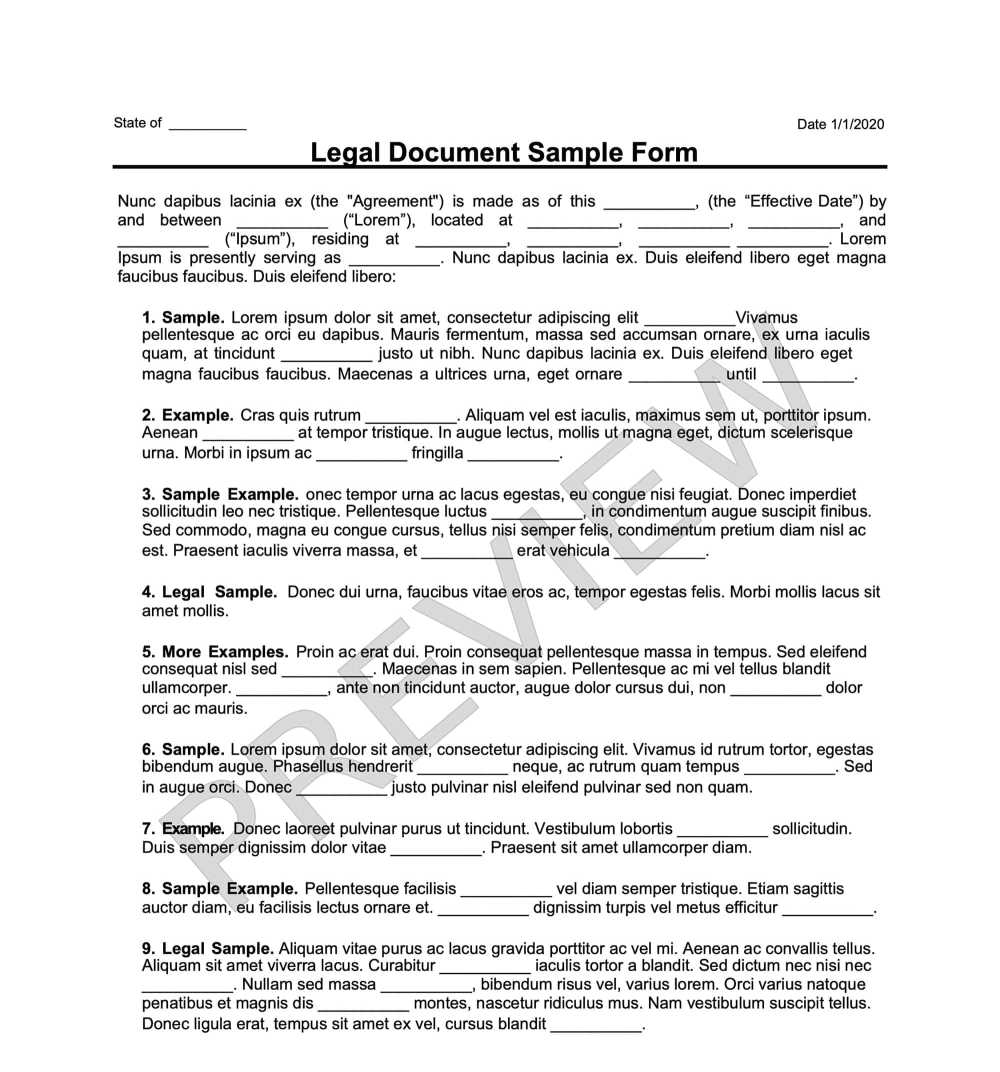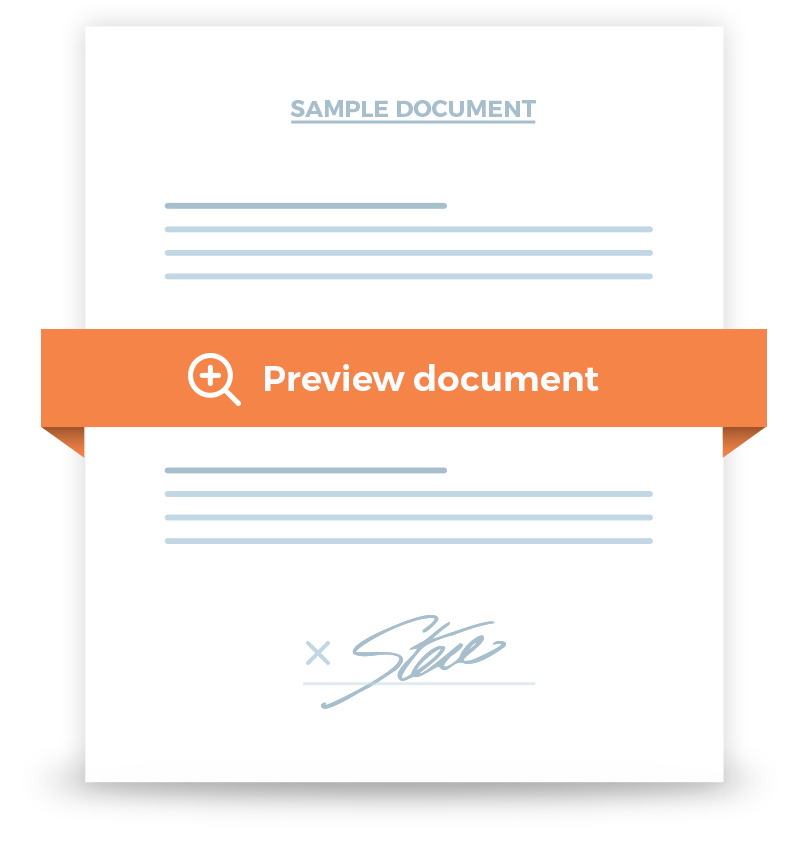Employee Non-Compete Agreement
An Employee Non-Compete Agreement ensures that an employee won’t compete against the employer.


Frequently Asked Questions
There is often a lot of confusion about Non-Compete Agreements and Non-Disclosure Agreements. While there is some overlap, essentially the Non-Disclosure Agreement doesn't prevent the employee from working in the same field after leaving the company. So, technically, they can compete with the previous employer. They can't disclose any trade secrets that could be considered sensitive, confidential, or proprietary. In most cases, the Employment Contract may contain both clauses.
When an employee is presented with an Employee Non-Compete Agreement, they should always ask if it will be enforced if they leave voluntarily. As such, if they get fired or laid off from work, they can still pursue a career in the same field. In most cases, companies are accommodating in this respect.
Almost all advantages of an Employee Non-Compete Agreement are intended for the employer, not the employee. When an employee signs the agreement, the employer has more guarantee that there wouldn't be a high turnover. It will also encourage the employer to provide expensive training for their employees without worrying that it might not pay off. As for the employee, the apparent advantage is employment because not signing the agreement could lead to the company withdrawing the job offer.
It is legal for an employer to ask current employees to sign a Non-Compete. This happens if certain circumstances occur that would lead the employer to want to protect the business. However, if an employee chooses not to sign it, it may be illegal for the employer to dismiss the employee. You may have to consult your state law for the specificities.
Many contract law attorneys would argue that the first mistake is not having one in the first place. But there are other common many mistakes employers make when creating an Employee Non-Compete Agreement. One is that the restrictions last too long. And even if you take the matter to court, it may not be enforceable. Another mistake that companies should avoid is not specifying geographical restrictions in the agreement. And finally, not updating the agreement regularly could lead to an inaccurate scope of the non-compete.
In some cases, the employer may not do anything at all. However, you may get sued and the court may issue an injunction that forbids you from competing in the same industry. Those who violate injunctions can be held in contempt and sent to prison. Since time is essential in these matters, a court will usually react quickly if there are merits to the employer's claim. You may be assessed damages if you are to lose the case.
When it comes to disadvantages, they are more directed to the employee. Essentially, when an employee signs a non-compete, this automatically reduces the employee’s bargaining power. It's often a stumbling stone for many employee-employer relationships. Another disadvantage is that it can be challenging to enforce. The degree of difficulty will vary from state to state and in part how restrictive the agreement is.




